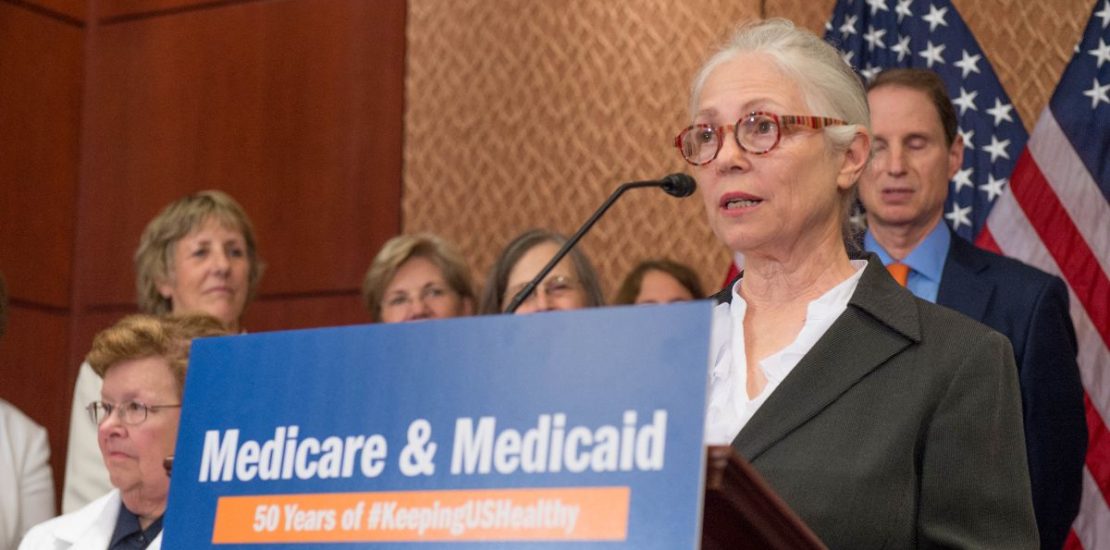
*50 Years of Medicare and Medicaid by Senate Democrats is licensed under CC BY 4.0
It is just like the government to name two very different programs with similar names just to confuse us. Today I’m going to make sure you know the difference and even how to remember.
What’s the difference between Medicare and Medicaid? Many people don’t know. And many think Medicare will care for them forever. NOT!
Medicare and Medicaid are totally different programs. Medicare (health care for the elderly) provides health care benefits for the over 65, blind, and disabled. Medicaid provides medical benefits for the poor and impoverished and in a typical case in our office, persons needing a skilled nursing home and sometimes home care or care in an Assisted Living Facility. It is a need based program and has an asset and income limits.
My job as your elder law attorney is to maximize and make you eligible for all the benefits you’re entitled to, whether it’s Medicare, Medicaid, Veteran’s Benefits, etc… even if you didn’t think you could ever qualify.
Medicare is a type of public health insurance for those age 65 and older and the disabled. Many seniors, sadly, are unaware that Medicare doesn’t pay for long-term care,but it can pay for rehabilitation in a skilled nursing facility or other rehab center for up to 100 days. So, if a senior is hospitalized (and admitted) for at least three days, and is then admitted into a skilled nursing facility, Medicare may pay – for a while. But once those Medicare benefits hit 100 consecutive days, you’ve hit the maximum.
Actually, they don’t even cover the full 100 days. After the first 20 days, the remaining 80 days cost $176 per day. This can be paid for by a Medicare supplement or a long term care insurance policy. It can also be paid for by Medicaid. When this happens, we call it being dually eligible. But we must be on both programs to get the full 100 days paid for. Typically, clients on a Medicare Advantage will switch to straight Medicare and apply for Medicaid to pay the $176 per day. But if we haven’t planned in advance for Medicaid, we have fewer options and it’s always better to avoid crisis planning if possible.
Dealing with Medicaid rules and guidelines and assisting someone in becoming Medicaid eligible and preserving and protecting assets, even if their assets and income are over the cap, is a very specialized field. Also, Medicaid is administered on a state level. Therefore, rules can vary dramatically from state to state, so don’t rely on information from anyone out of state.
If you have an illness like Alzheimer’s or Parkinson‘s or any progressive illness, Medicare won’t help for long term care. It will pay doctor and hospital bills, but that’s generally not the long term financial concern. If needing care at home, in an Assisted Living Facility or a Skilled Nursing home is your main concern, unless you have adequate funds or long term care insurance, now is the time to do Medicaid Planning so you don’t run out of that hard earned money.